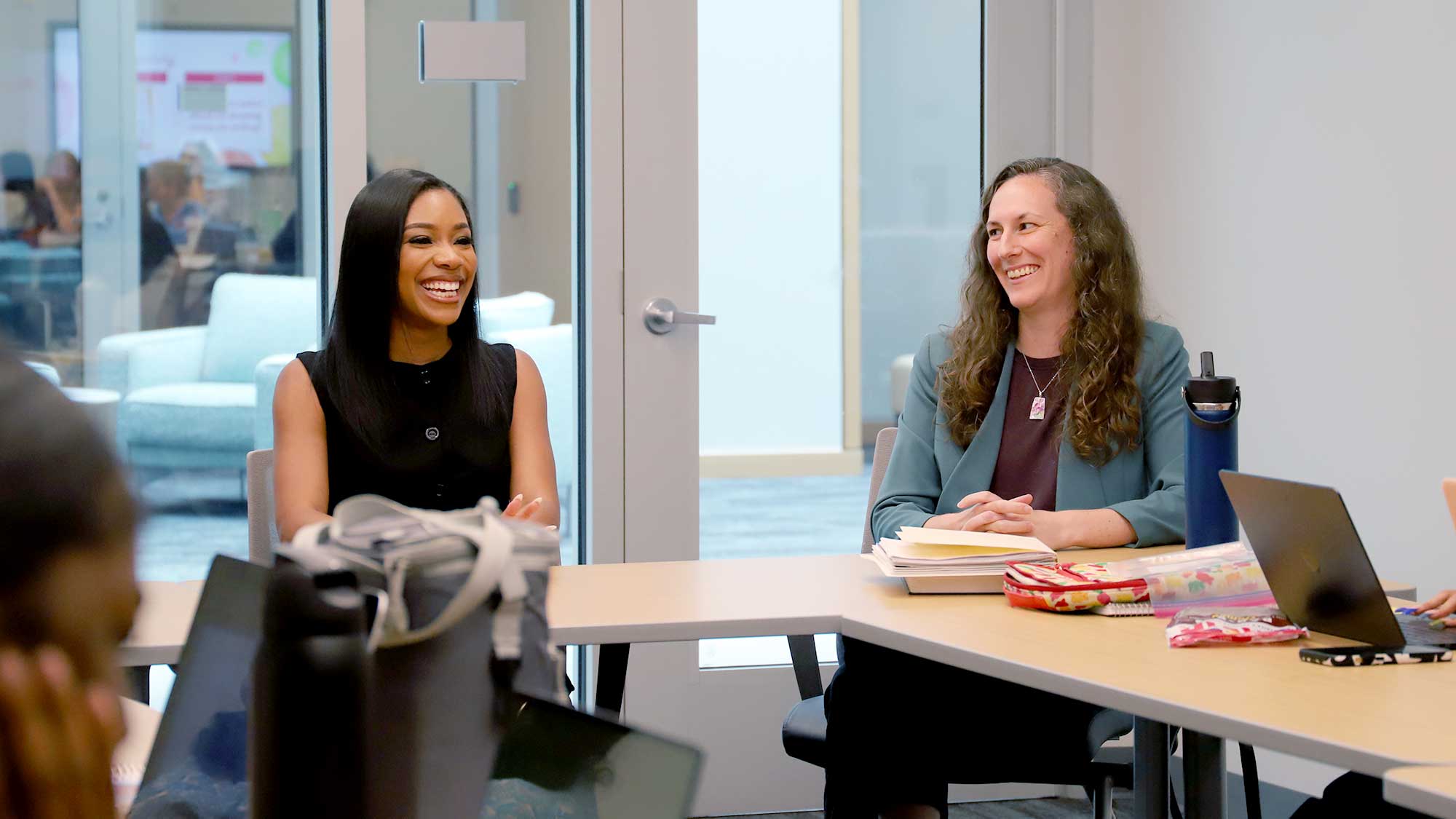content body

As the director of training in the Counseling Psychology doctoral program in Auburn’s College of Education, Professor Marilyn Cornish’s primary goal is to help students develop both as people and practitioners.
“It’s really important for students to have a good grounding in terms of who they are,” Cornish said. “So, teaching those self-reflecting skills to help them understand their interpersonal styles, the reactions they have to various situations and the beliefs that they have about the world is really going to help to create much more culturally responsive and self-aware psychologists who can work with anybody who comes to their counseling room.”
Cornish received her bachelor’s degree in psychology and community sociology from Wartburg College before beginning her graduate education at Iowa State University, where she earned a master’s degree in psychology, a graduate certificate in quantitative psychology and a doctoral degree in counseling psychology. She has held several state and national professional service roles throughout her career, including current service as a member of the Alabama Board of Examiners in Psychology and a consulting editor for the Journal of Counseling Psychology.
Since 2014, she has been a faculty member in the College of Education’s Department of Special Education, Rehabilitation, and Counseling.
“I knew I wanted to work in a setting where I could both conduct meaningful research and be able to supervise and train mental health clinicians,” Cornish said. “Auburn, with its counseling psychology doctoral program, was a great fit for me to meet these dual career aspirations.”
Kayla Phillips, a graduate of the counseling psychology program in Auburn’s College of Education, describes Cornish as “a courageous leader” and counts herself lucky to be supported and advised by Cornish even after graduation.
“Dr. Cornish definitely leaned in to having very complex conversations about culture, religion and politics,” Phillips said. “She was open to receiving feedback from the students about our experiences in the program, and it gave us the opportunity to lean in with curiosity and grow through that discomfort.”
Phillips said Cornish was instrumental in preparing her to become a successful psychologist who today runs a flourishing practice in Marietta, Georgia.
“I remember Dr. Cornish, she said something to me that has stayed with me for a very long time,” Phillips said. “She said that it’s not about you graduating, because we know you’re going to do that anyway. But really, it’s about the state in which you do it. And it really allowed me to take a moment to prioritize myself as well as my education and allow myself some grace. And the more I’m able to give myself grace, the easier it is for me to allow others grace and to model that grace for my staff and for my clients.”
In addition to emphasizing self-reflective skills, Cornish said another teaching goal is to facilitate students’ skills in the science of psychology to promote lifelong learning. In a field that is constantly evolving, Cornish promotes a solid grounding in critical evaluation and scientific thinking to help students grow into savvy consumers of psychological and therapy research who will be effective professionals throughout their careers.
“As they are going through the program, our students are working directly with clients, students and communities to improve lives even as they’re going through their training, let alone after they become licensed psychologists,” Cornish said. “As an educator, I am opening doors for our students to gain knowledge and skills and eventually the credentials to be a licensed psychologist.”
To learn more about the program, visit the Counseling Psychology Program’s website.




